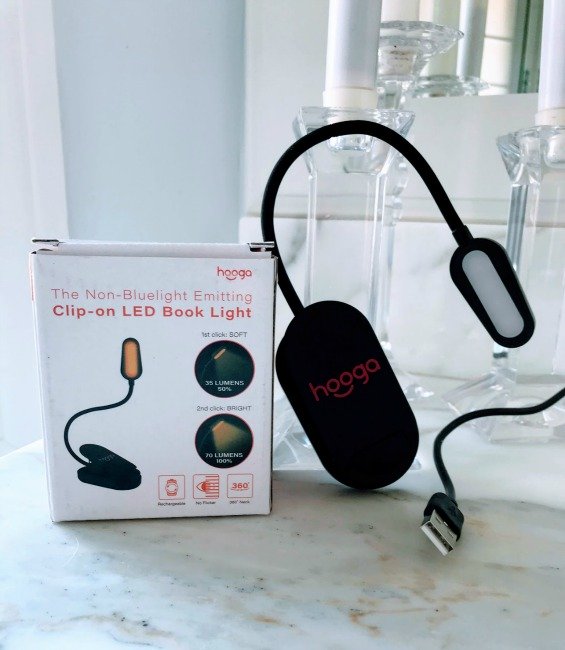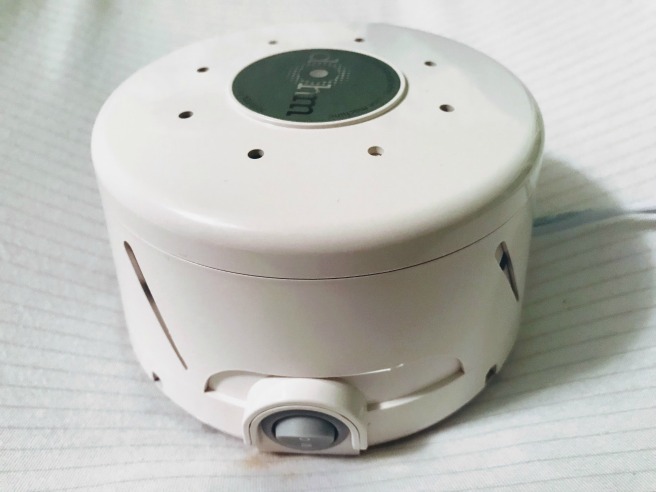Sleep Aid Medicine
The three main types of sleep aid medicine are going to be prescription sleep medicine, over the counter sleep medicine and natural sleeping aids. Here we will talk about the first two.
Sleep Aid Medication Concerns
Believing a pill will instantly solve your problems is tempting. However this too often is not the case as medications do not cure insomnia and can prolong the problem. Issues with both prescriptions and over-the counter medication are:
Dependence - Become reliant on the medication and become dependent upon it for sleep
Withdrawal - An abrupt stop can cause a person to sweat, shake or have nausea
Tolerance - Your body will need more to be effective, which will exasperate the side effects
Side Effects - There are numerous side effects from daytime drowsiness, forgetfulness, confusion, and dry mouth
Rebound Insomnia - When you stop the medication, insomnia can be worse than before
Bandaid - Sleeplessness may be a symptom of another health issue, which could be solved if the root problem was solved
Best Use for Sleep Medication
Sleep medications for temporal situations do serve a purpose. From
medical procedure recovery to timezone travel, sleeping pills may
provide the little boost needed to endure these times. When sleep
deprivation does occur in normal circumstances, medications may be used
occasionally but not to the point of increased tolerance or dependence.
Non-Prescription Sleep Aids
Non prescription sleep aids can be found in the health section of any grocery or drug store.
Over-the-Counter (OTC) Sleep Aid Tips
For short term insomnia, OTC medications may be an option for some. Antihistamine is the main ingredient, which may sound familiar as it is used for allergies. Histamine encourages wakefulness, while in contrast antihistamine will make you feel tired and drowsy. When using OTC sleep aids be aware of your body's tolerance as this can occur within a few nights.
The two main pills are:
Doxylamine: Unisom, Nighttime Sleep Aid.
Diphenhydramine: Sominex, Nytol, Compoz, Sleepinal
OTC Side Effects
As with all drugs, side effects are possible and if you are taking other medications it is important to know if there are any contradictions. The main problems are drowsiness during the day, forgetfulness and dizziness, balance discrepancies, blurred vision, constipation, or a dry throat and mouth.
Prescription Sleep Medicine
Prescription sleep medicine is fast becoming one of the most common prescriptions written by doctors. Today's fast moving culture with the combination of constant electronic stimulation, lack of exercise, fast food diets and work and financial stresses all contribute to today's sleep problems.
Prescription medications can work for some people and not for others. Often you may need to try a couple of different medicines, before you can find the one that works for you. However, sleep aid prescriptions are meant to be a temporary solution to one's sleep problems.
At your doctor's visit tell your doctor all of your medical conditions as medications can harm a pre-existing condition such as glaucoma, depression, liver problems or high blood pressure. Inform your doctor of all your medications both prescription or over the counter.
Make sure you understand how to use the medication and remember to ask questions to be aware of the side effects. Get a plan for how to decrease or cease your use of the medication to avoid the negative effects of an abrupt stop or an insomnia rebound.
Prescription Medication Sleep Aid Tips
Medications for sleep greatly vary as there are several needs from
inducing sleep to staying asleep. Medications are sedative hypnotics,
which cause the receptors in the brain to slow down the nervous system.
Different drugs last longer than others and some are more habit forming
than others. As always with questions, consult with your healthcare
professional. There are two classes:
benzodiazepine sedative hypnotics and
non-benzodiazepine sedative hypnotics.
Benzodiazepine are the oldest and known to have a higher risk of dependence. Their primary purpose is to treat anxiety disorders. Examples are Estazolam (ProSom), Flurazepam (Dalmane), Quazepam (Doral), Temazepam (Restoril), and Triazolam (Halcion)
Non- Benzodiazepine work in the same way as benzodiazepine but are believed to cause less dependency and have less side effects. Examples are Eszopicolne (Lunesta), Zalepon (Sonata), and Zolpidem (Ambien).
Go from Sleep Aid Medicine to Sleep Aid Tips
Go from Sleep Aid Medicine to Sleep Aid Resource Home

Get practical advice on how to fall asleep, stay asleep and to get deep sleep. It's free so sign up here:






Ancient Minerals Goodnight Magnesium Lotion
Please note that while I do receive commissions from some of the things promoted on this site, I recommend them because I feel they would be of benefit to you.
Advertisers/Affiliates have been hand-picked so that only quality products are recommended. I have used them in my own life and share them with you because that's what friends do.
